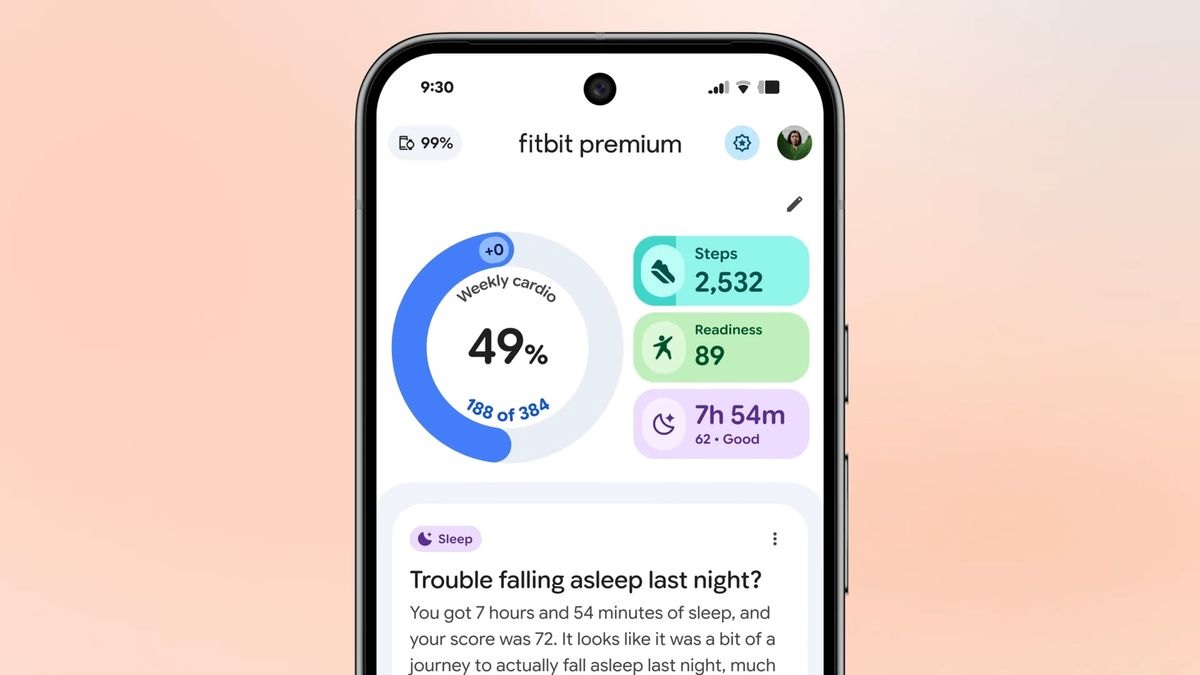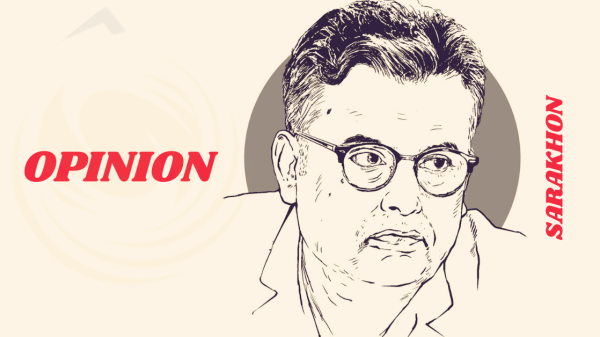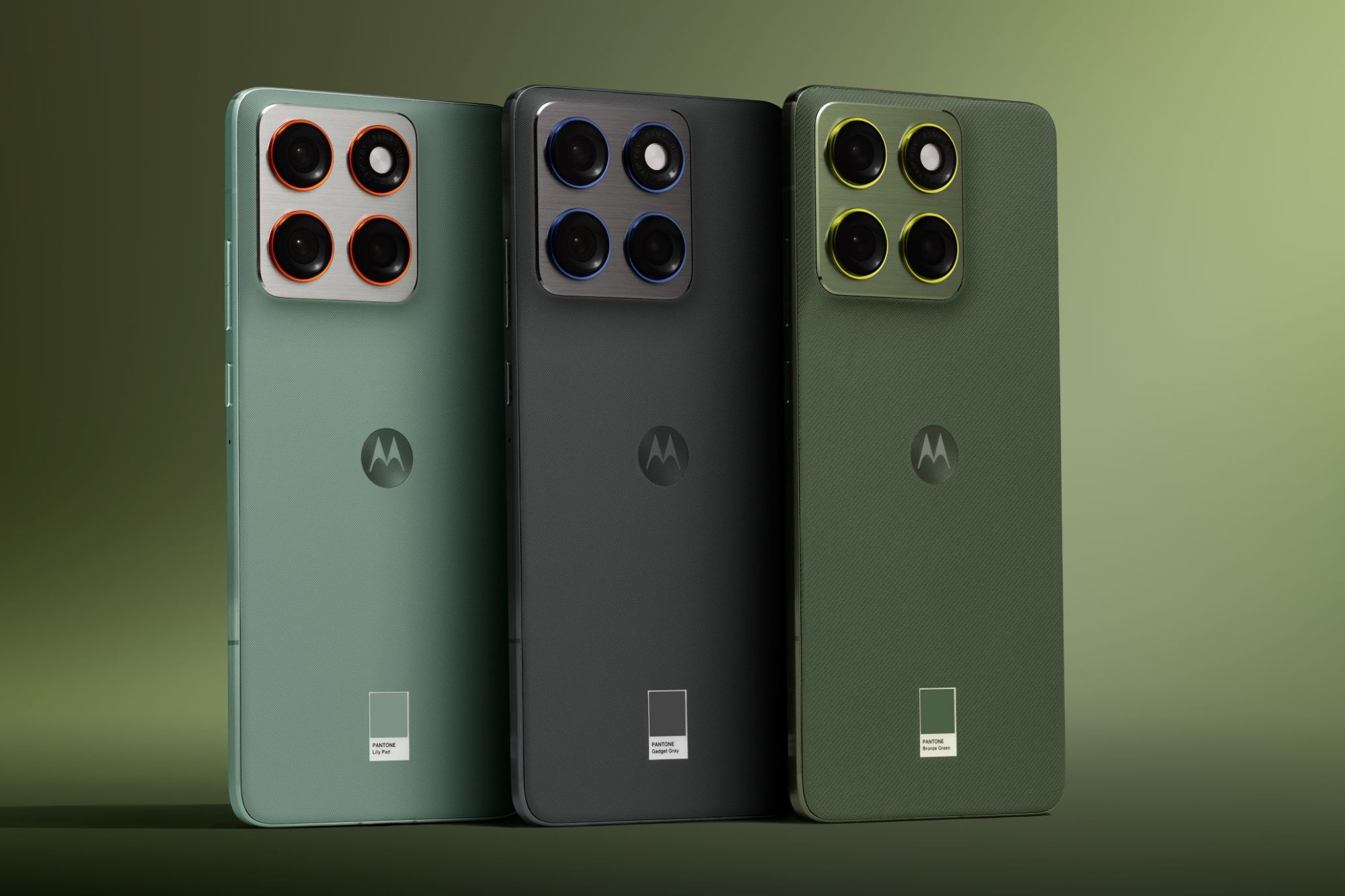FITBIT’S NEW AI HEALTH COACH RAISES QUESTIONS ABOUT TECH’S ROLE IN WELLNESS

AI-driven fitness guidance meets everyday social habits
Google’s Fitbit platform has begun testing an AI Health Coach designed to give personalised fitness, sleep and nutrition advice based on activity data and chat-style conversations. Early testers say the system can rapidly analyse patterns and recommend training plans, recovery windows and meal adjustments. The tool is marketed as a round-the-clock companion that learns a user’s habits over time. But reviewers also found that many suggestions feel generic, revealing the limits of current AI when asked to address nuanced personal health needs.
Privacy concerns are proving equally significant. Stress levels, sleep cycles and eating patterns are among the most sensitive health metrics a person owns, yet they are central to the Coach’s recommendations. Google says the tool uses encryption and strict data controls, but critics warn that blending wellness advice with a large tech ecosystem creates long-term risks, especially if behavioural patterns are later used to shape product decisions or targeted features. Observers note that trust—not algorithmic power—may determine whether people rely on such tools daily.

Friends, community — and not just algorithms
Health experts emphasise that long-term lifestyle change depends heavily on real-world relationships, not just data feedback. They argue that an AI can recommend a walk but cannot offer the emotional cues or accountability that come from friends, family or in-person trainers. The early reviews suggest the Coach works best as a planner and motivator—a lightweight support tool rather than a full replacement for human guidance.
Developers see the experiment as a preview of where consumer health tech is heading. Instead of tracking steps or calories in isolation, platforms are trying to merge sleep, stress, journaling and activity into a unified “daily score.” For motivated users, this could be empowering; for others, it risks information overload. Regulators in Europe and parts of Asia are watching closely to determine at what point such wellness tools begin to resemble medical devices that require oversight. The AI Health Coach currently sits in a grey zone: helpful, ambitious, but not yet reliable enough to stand alone.




















